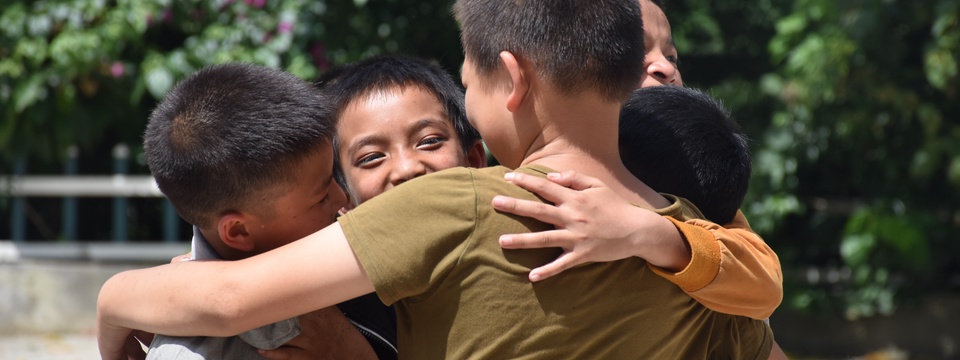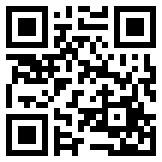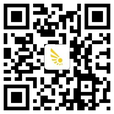As the core R&D department under the Rici Foundation, the Mental Literacy Institute is committed to the research and innovation of mental literacy education products, and provides systematic training and consulting services for front-line teachers, social workers, and college student volunteers, helping them grow and develop their professional theoretical and practical abilities.In addition, through close cooperation with domestic and foreign universities and research institutions, the Institute of Mental Literacy actively conducts research on the current mental health status of children and adolescents, and promotes quantitative and qualitative evaluation of projects, aiming to promote the localization and empirical verification of mental literacy courses and projects.
The Literacy Institute is based on the theoretical foundations of positive psychology and social-emotional learning, adhering to a student-centered classroom philosophy. Combining domestic primary and secondary school mental health education guidelines (2012) and the needs of project teachers,it integrates social-emotional learning and mental health education. Under specific modules and abilities, it conducts localized content adjustments, organizing six major modules and 19 key developmental abilities for children's mental health, including self-growth, emotional management, relationship development, social awareness, independent decision-making, and autonomous learning. This aims to comprehensively cultivate children's mental literacy and skills necessary for future success, helping them become more confident, healthy, happy, and valuable individuals.
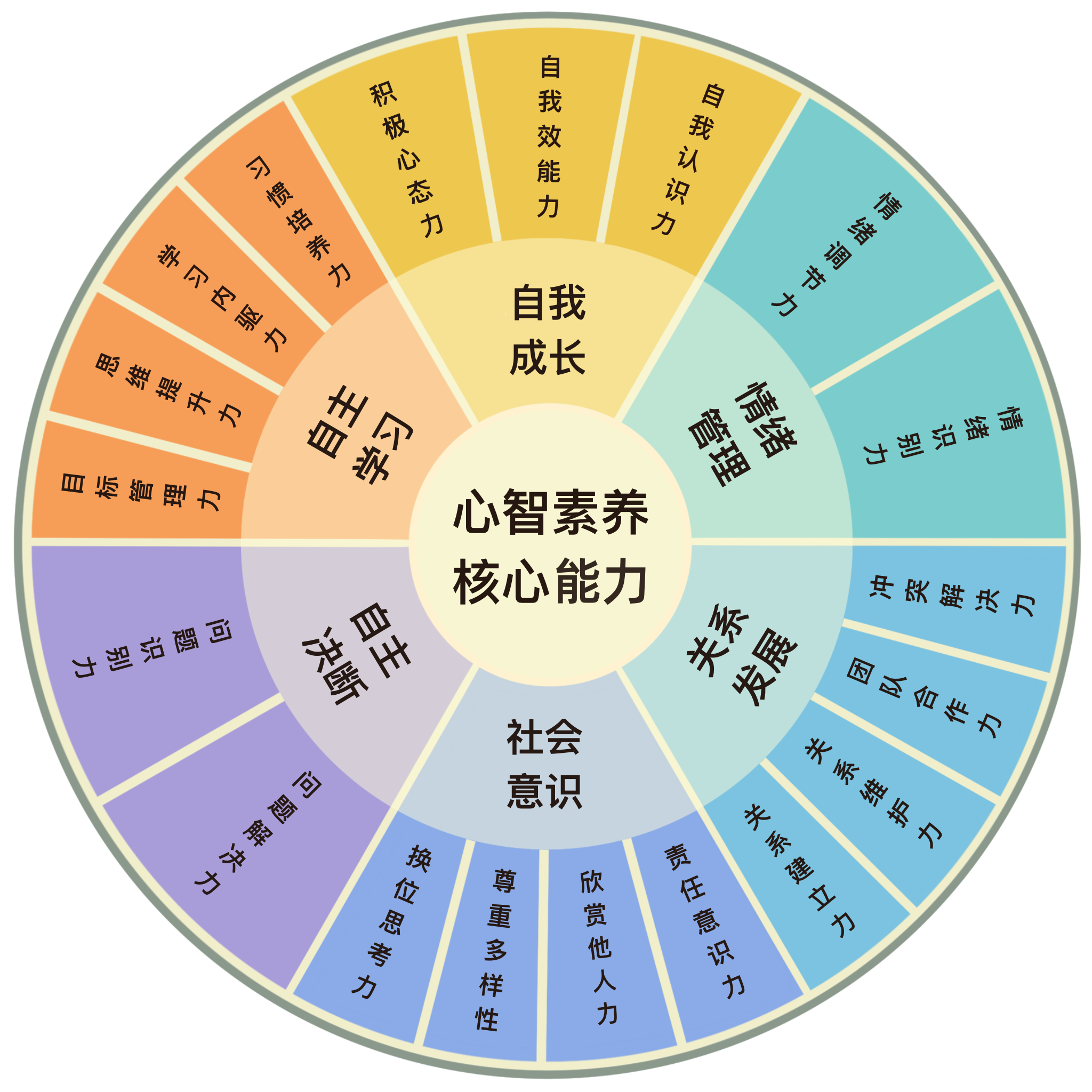
The Institute of Mental Literacy provides teacher training services for local education bureaus and non-profit organizations, helping teachers understand the psychological development of children and adolescents, empowering teachers to conduct mental competency courses, and thus supporting student growth more effectively and sustainably.
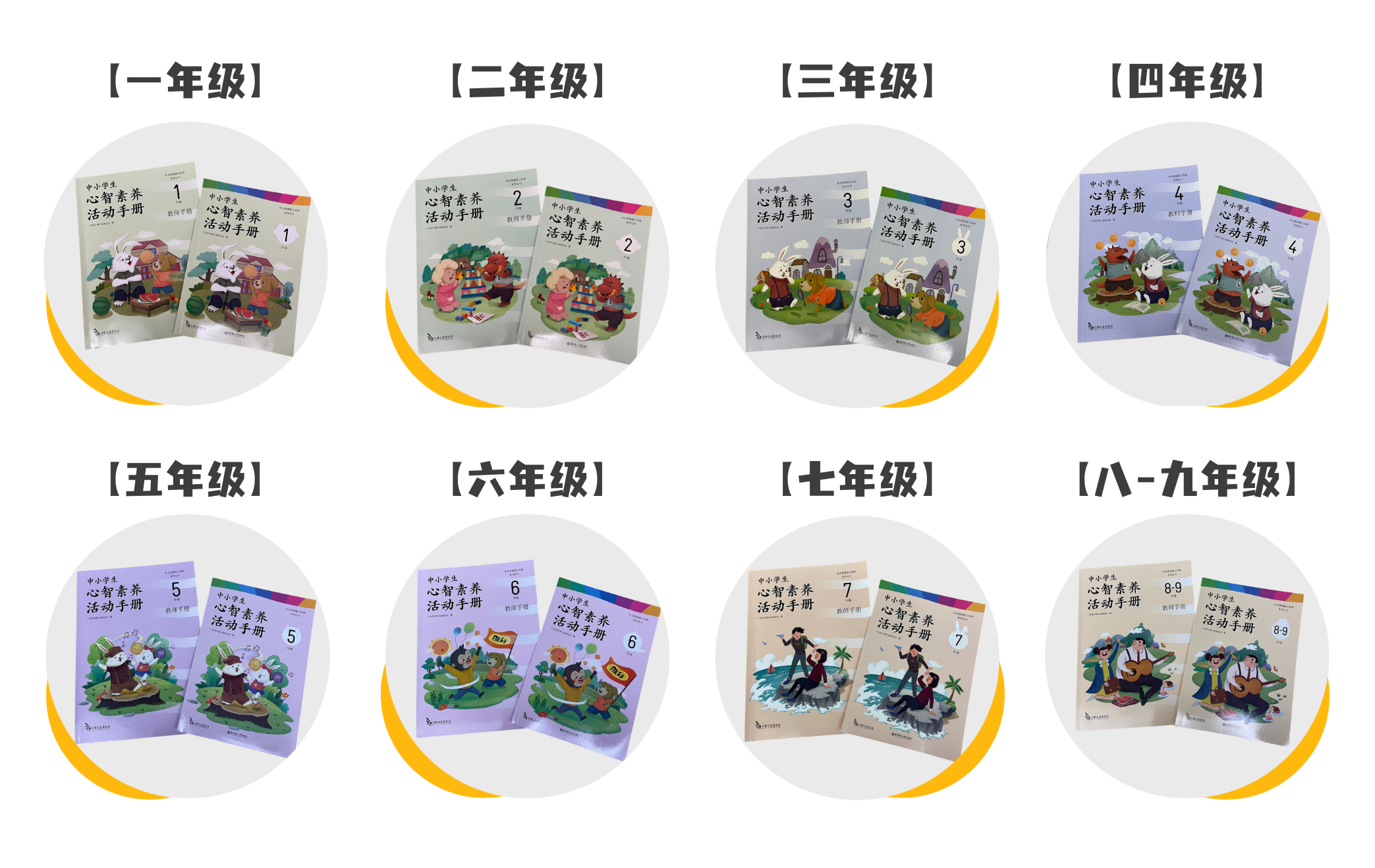
Select professional psychological scales, conduct pre- and post-semester surveys on students participating in the course, have full-time evaluators analyze the questionnaire data, and write corresponding course evaluation reports to test whether the course can effectively improve students' self-esteem, emotional intelligence, and interpersonal skills. At the same time, during the semester, project personnel will also visit the field, interview frontline teachers and students according to the interview outline, analyze qualitative data, and write corresponding reports.
PUBLICITY


